
Hipp baby formula has been a trusted name in infant nutrition for over 125 years. Its pioneering history and commitment to quality ingredients are unparalleled. From the first organic cereal made with grains, fruits and vegetables grown in the Swiss Alps to the most advanced formulas on the market today, Hipp is dedicated to providing only the best for babies. With an emphasis on science-backed nutritional solutions, Hipp continues its legacy of being one of the world’s leading producers of natural baby food products.
A steadfast dedication to creating healthy, safe alternatives make Hipp stand out from other brands. Their range of certified organic products contain no artificial flavors or preservatives—they use only carefully selected high-quality organic ingredients that have been extensively tested and meet strict safety standards. Parents can trust that their child will get all of the essential nutrients they need without any unwanted additives or chemicals. This remarkable level of care makes Hipp truly unique among baby formula manufacturers.
Types Of Formulas
When it comes to choosing a formula for your baby, there are many options. It’s important to understand the different types of formulas available in order to make an informed decision about what is best for your child.
The first kind of formula is cow’s milk-based. This type of formula contains cows’ milk proteins which have been broken down so that they can be digested more easily by babies with sensitive digestive systems. Other ingredients may also be added such as vitamins and minerals, fats, and carbohydrates to provide additional nutrition. The second type is soy-based formula, made from processed soybeans instead of cow’s milk. Soy-based formula has become increasingly popular among parents who want to avoid dairy products or those looking for alternatives due to allergies or dietary restrictions. Lastly, hydrolyzed protein formulas are suitable for infants who have difficulty digesting intact proteins found in traditional formulas because these formulas contain partially pre-digested proteins that are easier on the stomach.
It’s essential to speak with your pediatrician before making a final choice when selecting a formula for your infant since every baby is unique and their nutritional needs vary depending on age and other factors. Your doctor will help you determine the right type of formula based on your baby’s individual needs.
Benefits Of Organic Baby Formula
There’s a popular theory that organic baby formula is better for babies than non-organic. But is it really? Let’s examine the benefits of choosing an organic baby formula to determine if this belief holds up.
Organic formulas are free from pesticides, artificial colors, flavors, and sweeteners, as well as antibiotics and growth hormones. This means there’s less risk of exposing young babies to these potentially harmful chemicals or additives. In addition, organic formulas contain fewer synthetic nutrients than regular infant formulas which can be beneficial in providing infants with more natural sources of nutrition such as omega-3 fatty acids. Organic baby formula also has higher levels of antioxidants compared to conventional options; these compounds help protect cells against damage caused by free radicals.
So while organic baby formula may cost more upfront, when you consider all the advantages it provides it could be worth the extra expense for parents looking to provide their little one with the best start possible.
Infant Nutrition Guidelines
When it comes to infant nutrition, the Hipp baby formula brand is renowned for its quality and safety. That’s why so many parents trust this product with their little ones.
The Hipp baby formula adheres to strict guidelines that encourage healthy eating habits in babies from birth to twelve months of age:
- Provide adequate calories and nutrients to support growth while avoiding obesity;
- Encourage regular physical activity;
- Introduce a variety of food textures, flavors, and colors early on.
Hipp baby formula provides an ideal balance of carbohydrates, proteins, fats, vitamins, minerals, fiber and water – all essential components for proper development in infants. Additionally, Hipp’s products are fortified with iron which helps prevent anemia as well as DHA/ARA that contribute to brain function. The unique combination of natural ingredients makes this product a great choice when choosing a safe and nutritious option for your baby.
Every parent wants what’s best for their child – they want them to be strong and healthy! With Hipp Baby Formula you can rest assured knowing that your little one is getting the important nourishment needed to grow up big and strong!
Nutritional Components
As light cascades through the window, illuminating a bowl of wholesome baby formula, it is easy to understand why parents are drawn to this form of nutrition for their little ones. It provides vital nutrients that babies need for healthy development and growth. This section will discuss the nutritional components found in hipp baby formula and how they contribute to optimal infant health.
| Nutrient | Benefit |
|---|---|
| Prebiotic Fructooligosaccharides (FOS) | Supports beneficial gut bacteria |
| Omega-3 fatty acids DHA & AA | Suggested to support cognitive development & visual acuity |
| Vitamin B12 & Iron | Essential for normal neurological functioning & providing energy respectively |
| Calcium, Magnesium & Zinc | Helps build strong bones and teeth while maintaining immune system function |
Hipp baby formula contains numerous essential vitamins and minerals that help meet infants’ nutrient requirements during such an important developmental period. For instance, omega-3 fatty acids docosahexaenoic acid (DHA) and arachidonic acid (AA), which are both contained in fish oil, have been suggested to promote better brain development as well as improve visual acuity. Additionally, prebiotic fructooligosaccharides (FOS) has been included in order to encourage the growth of beneficial gut bacteria which helps with digestion. Other key ingredients include vitamin B12 & iron for normal neurological functions as well as calcium, magnesium & zinc for bone strength and overall immunity. All these components work together synergistically to ensure your child gets off on the right footing nutritionally speaking!
Ingredients In Hipp Baby Formula
Hipp baby formula is made with high-quality organic ingredients that are specifically formulated for babies’ growing bodies. The base of the formula is organic cow’s milk and lactose, which provide important nutrients like calcium and iron. Additionally, it contains essential fatty acids DHA and ARA to support brain development. Other key ingredients include prebiotics to help digestion and proteins from whey, rice starch, corn syrup solids, vegetable oils (including sunflower oil), vitamins A, C & E, minerals zinc and magnesium oxide as well as choline chloride.
These carefully selected ingredients are chosen for their quality and ability to promote healthy growth in babies. They ensure Hipp baby formula provides a balanced diet of macro-nutrients such as carbohydrates, fats, proteins and vitamins needed for optimum nutrition. Furthermore they contribute to increased energy levels so that your little one can grow up strong and healthy!
Preparation Instructions
Now that we’ve gone over the ingredients in Hipp baby formula, let’s move on to preparation instructions. Preparing Hipp baby formula is a simple process that can be done quickly and easily:
- Measure out 2 1/3 scoops of powdered formula into a sterilized bottle.
- Add cool water (not hot) until reaching the desired level indicated on the side of the bottle.
- Put cap securely on the bottle and shake vigorously for at least 10 seconds.
- Test temperature before feeding by dripping some formula onto your wrist or inner elbow area – it should feel lukewarm, not cold or hot.
- Serve immediately after preparation as prepared infant formula does not keep well and leftovers must be discarded within one hour of being prepared.
When following these steps carefully, you can ensure that your little one gets all the nutrition they need from their Hipp baby formula! It’s important to remember though, always use cool tap water when preparing bottles; never boiled water as this could lead to mineral imbalances in your baby’s diet which can cause health issues down the line. Be sure to also check expiration dates prior to using any formulas as expired products may contain harmful bacteria which can make your baby sick if ingested. With these tips in mind, you’ll have no problem giving your growing bundle of joy everything they need with their Hipp baby formula!
Pros And Cons Of Hipp Baby Formula
Parents considering Hipp Baby Formula have many options to choose from, and it can be difficult to decide which one is best for their baby. To help make the decision easier, we’ve compiled a comprehensive list of pros and cons associated with Hipp Baby Formula.
| Pros | Cons |
|---|---|
| Organic Ingredients | Contains Palm Oil |
| No Added Sugars or Sweeteners | High Price Point |
| Unsweetened Option Available | No Omega-3s Included |
| Contains Prebiotics & Probiotics | Lactose Content May Cause Gas/Bloating in Some Babies |
Hipp Baby Formula contains only organic ingredients without any added sugars or sweeteners. It also offers an unsweetened option that parents may prefer if they are looking for something more natural. The formula also includes prebiotic fibres, probiotics and essential vitamins and minerals – all important nutrients for your baby’s development. However, it does contain palm oil as well as some lactose content which could cause gas and bloating in some babies. Additionally, the formula is on the higher end price wise compared to other formulas. Lastly, this product does not include omega 3 fatty acids like DHA and ARA which are beneficial for brain health and eye development.
Overall, Hipp Baby Formulas provide high quality nutrition with organic ingredients but still come at a premium cost due to its lack of certain nutritional components such as omega-3 fatty acids and added sugar alternatives . Parents should weigh these factors when deciding whether this particular brand is right for them and their little ones.
Storage Tips
As a parent, there’s nothing more precious than caring for your baby. That is why it is essential to ensure that you store the hipp baby formula in an optimal fashion. After all, no one wants their little bundle of joy to consume any product that has not been stored properly and could potentially pose any health risks.
With this in mind, here are a few tips and tricks on how to store the hipp baby formula safely:
- Store your formula at room temperature or below; do not freeze or refrigerate.
- Make sure the container lid is tightly sealed after each use.
- If you have opened a tin of formula powder, transfer it into an airtight jar and use within 8 weeks of opening.
- Discard any unused prepared formula after 2 hours at room temperature or 1 hour if outside of the refrigerator.
These storage instructions will help protect your little one from consuming anything less than safe and healthy products as they grow up! By following these simple rules, parents can be confident that their babies are receiving only the best possible nutrition for them as they develop into strong and healthy children.
Cost Comparison
Moving on from storage tips, it’s also essential to consider the cost of a formula when making your decision. Different brands and types can vary drastically in their price points, so it pays to do some research before you buy. When comparing costs, make sure to compare not only the overall price but also the amount per ounce or gram that each product provides to get an accurate picture of what’s best for your budget.
| Here is a comparison of 3 popular Hipp baby formulas and their respective costs: | Formula | Price Per Ounce/Gram | Total Cost |
|---|---|---|---|
| Hipp Organic Infant Milk Stage 1 | $0.20/oz | $34.99 | |
| Hipp Combiotic First Infant Milk Stage 2 | $0.24/oz | $35.99 | |
| Hipp Bio Combiotik Growing Up Milk From 1 Year Onwards Stage 3 | $0.27/oz | $41.99 |
When looking at this table, you may notice that while two of the formulas have similar prices per ounce or gram, they offer different sizes which results in varying total costs. For example, although stage 1 and stage 2 both cost around $0.20-$0.24 per ounce or gram, stage 1 comes with 12 ounces more than stage 2 resulting in a higher total cost even though it has less expensive individual servings than the other option does. In terms of getting the most bang for your buck, this means that if you go with one of these two options then opting for stage 2 will give you slightly better value due to its larger size even though it has pricier individual servings than stage 1 does. As for stage 3, since it offers fewer ounces than either of the other two variants despite having a significantly higher price point per serving then clearly buying this formula would be much less economical compared to choosing either stages 1 or 2 instead unless there are factors beyond just cost involved such as added nutritional benefits that are unique to this particular type of milk formula which could justify paying extra for it over another variant instead regardless of how many additional ounces you’re actually receiving in return for that investment into it versus any alternative offerings out there on the market today.
Ultimately, everyone needs to weigh all available information against their own preferences and resources when deciding which Hipp baby formula is right for them and their little ones so taking time to investigate each potential purchase thoroughly beforehand should ultimately lead to finding something suitable without breaking the bank along the way too!
Reviews From Parents
Parents have had overwhelmingly positive feedback about Hipp Baby Formula. Here are just a few of the reasons they love it:
- It’s easy to digest – many parents reported that their babies adjusted quickly and easily to this formula, with minimal fussing or tummy troubles.
- It helps promote healthy growth and development – while the exact ingredients used in the formula may vary slightly from country to country, all formulas contain essential vitamins and minerals for optimal infant nutrition.
- The taste is great! – Many parents report being pleasantly surprised by how much their baby enjoys the flavor of Hipp Baby Formula, which can be difficult to find in other brands.
- It’s affordable – In comparison to some of its competitors, Hipp Baby Formula offers excellent value for money without compromising on quality or nutritional content.
Overall, Hipp Baby Formula has been incredibly well-received among parents looking for an alternative to breast milk that still provides plenty of nutrients for their little ones during those crucial early years. With such rave reviews from consumers worldwide, there’s no doubt that Hipp will continue making waves in the baby food industry for years to come!
Alternatives To Hipp Baby Formula
Parents may be looking for alternatives to Hipp Baby Formula, and there are several options available. However, it is important to remember that all infant formulas should meet the nutritional needs of a growing baby. With this in mind, let’s take a look at some of the alternative infant formula choices on the market today.
Organic varieties of infant formula are becoming increasingly popular among parents who want their babies to receive only natural ingredients. Organic formulas contain no artificial colors or flavors, and they can often provide superior nutrition compared with conventional brands. Additionally, organic formulas tend to include more probiotics and omega-3 fatty acids than conventional ones do. For those seeking an even healthier option, grass-fed cow’s milk based baby formula offers higher levels of vitamins A, E and K2 as well as conjugated linoleic acid (CLA). In addition to providing superior nutrition, these types of infant formulas are free from hormones and antibiotics since cows used to produce them must adhere to strict organic farming practices.
No matter which type of infant formula parents decide is best for their little one(s), it is essential that they check labels carefully and make sure whatever product they choose meets the nutritional requirements needed for healthy growth and development.
Recalls On Hipp Products
Hipp products are held to the highest safety standards, but recalls can still happen. It’s important for parents and caregivers to stay informed about any potential product issues that arise.
In recent years, there have been several recall notices issued by Hipp baby formula manufacturers. The most serious of these was a 2019 recall involving certain batches of infant formula due to high levels of aluminum found in some samples. Other examples include a 2017 recall on organic cow milk-based formulas due to possible microbiological contamination and a 2016 recall on toddler milks with an incorrect label designating them as suitable for infants under six months old.
These occurrences demonstrate how seriously Hipp takes the safety of their products and why it’s so important to be aware of potential risks associated with using their formulas or other food items they produce. All parents should ensure they are up-to-date on all relevant information related to recalled products from this brand and take appropriate precautionary steps when feeding their babies or toddlers if necessary.
What To Look For When Buying Formula
Now that we’ve looked into the recalls on Hipp products, let’s explore what to look for when buying formula. It’s important to make sure you purchase a product that is safe and nutritious for your baby. Here are some key points to consider before deciding on a brand:
| Criteria | Hipp Baby Formula | Competitors |
|---|---|---|
| Ingredients | Organic ingredients; no added sugar or artificial colors/flavors. | May contain additives, sweeteners and other questionable items. |
| Nutrition Value | High in vitamins A & C; Contains Omega 3 fatty acids & probiotics. | Varies by brand; may not have all of the same nutrients as Hipp. |
| Price | Generally more expensive than competitors due to high-quality organic ingredients. | Varied pricing according to brand, but often cheaper than Hipp. |
By taking these factors into account it can help ensure that you’re getting the best value for your money while providing optimal nutrition for your little one! Researching reviews and ratings online can also be helpful in understanding how others feel about certain brands of baby formula – this could be an additional factor in helping you decide which type is right for your family. With careful consideration, parents can rest assured they are making the best choice possible when selecting their infant’s formula!
Conclusion
In summary, Hipp Baby Formula is an excellent choice for parents seeking a high-quality product to nourish their babies. The formula’s organic ingredients are of the highest quality and it contains essential vitamins and minerals that provide balanced nutrition necessary for growth and development. It also has added probiotics which can help strengthen your baby’s immune system. All these factors make this a great option for any parent looking to give their little ones the best start in life.
Overall, Hipp Baby Formula provides everything you need in one easy-to-use package – a nutritious meal that meets all your baby’s needs. With its superior quality ingredients and comprehensive nutritional profile, we strongly recommend this product as a top choice for new moms and dads who want only the best for their child.
Conclusion
In conclusion, Hipp baby formula is an excellent choice for parents looking to provide their infant with the best nutrition possible. It’s important to remember that every child’s nutritional needs are different, so it’s essential to research and read labels carefully when choosing a formula for your little one.
Hipp has been providing safe, nutritious formulas for generations of families across Europe, and has recently become available in North America as well. With its commitment to organic ingredients and high quality standards, Hipp products have earned a reputation as reliable options for babies everywhere.
As you embark on this journey of finding the perfect formulae for your baby’s needs, think back to what our ancestors once said: “A healthy baby starts with a healthy diet.” By selecting Hipp baby formula, you can rest assured knowing that you’ve made the right decision for your precious bundle of joy.
Frequently Asked Questions:
What are the different types of Hipp baby formula available?
Hipp offers several types of baby formulas, including cow’s milk-based, soy-based, and hydrolyzed protein formulas. Cow’s milk-based formulas contain broken-down proteins for easier digestion, soy-based formulas are dairy-free alternatives, and hydrolyzed protein formulas are designed for infants with sensitive digestive systems.
What are the benefits of choosing organic Hipp baby formula?
Organic Hipp baby formula is free from pesticides, artificial colors, flavors, sweeteners, antibiotics, and growth hormones. It also contains higher levels of antioxidants and natural nutrients like omega-3 fatty acids, providing a healthier and safer option for infants.
What key nutritional components are included in Hipp baby formula?
Hipp baby formula contains essential nutrients such as prebiotic fructooligosaccharides (FOS) for gut health, omega-3 fatty acids (DHA & AA) for brain and visual development, vitamins (B12, A, C, E), iron, calcium, magnesium, and zinc for overall growth and immune support.
How should Hipp baby formula be prepared and stored?
To prepare Hipp baby formula, mix 2 1/3 scoops of powder with cool water in a sterilized bottle, shake well, and test the temperature before feeding. Store unopened formula at room temperature, and once opened, transfer it to an airtight container and use within 8 weeks. Discard any unused prepared formula after 2 hours at room temperature or 1 hour if refrigerated.
What are the pros and cons of using Hipp baby formula?
Pros of Hipp baby formula include organic ingredients, no added sugars or artificial additives, and added prebiotics/probiotics. Cons include the presence of palm oil, potential lactose-related gas/bloating in some babies, and a higher price point compared to non-organic formulas.

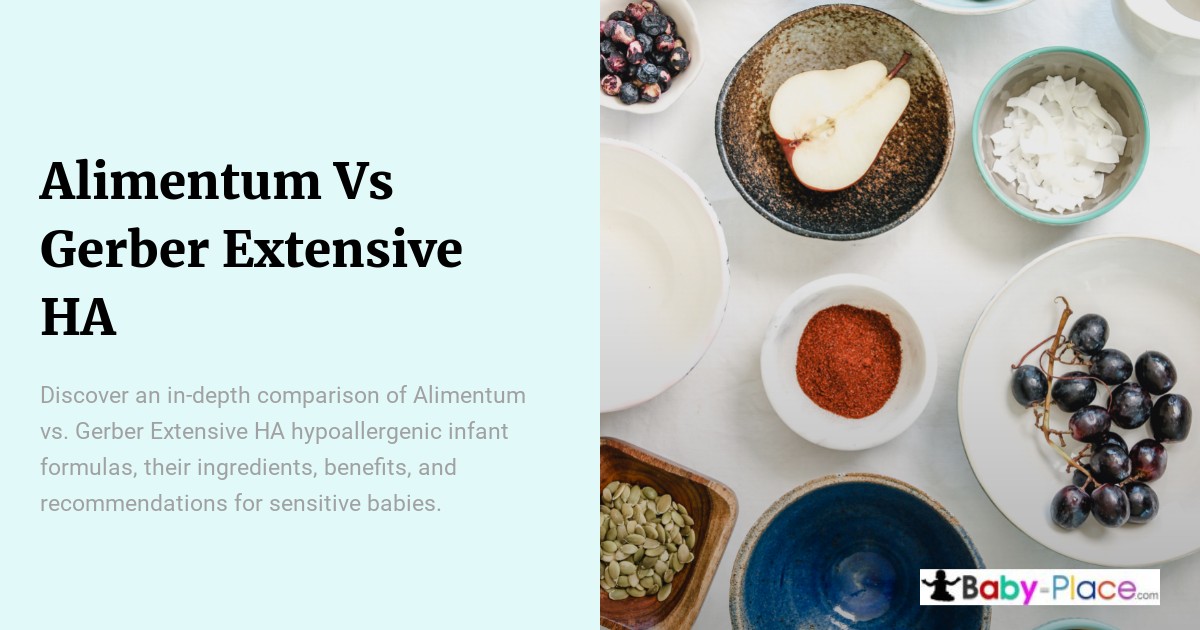
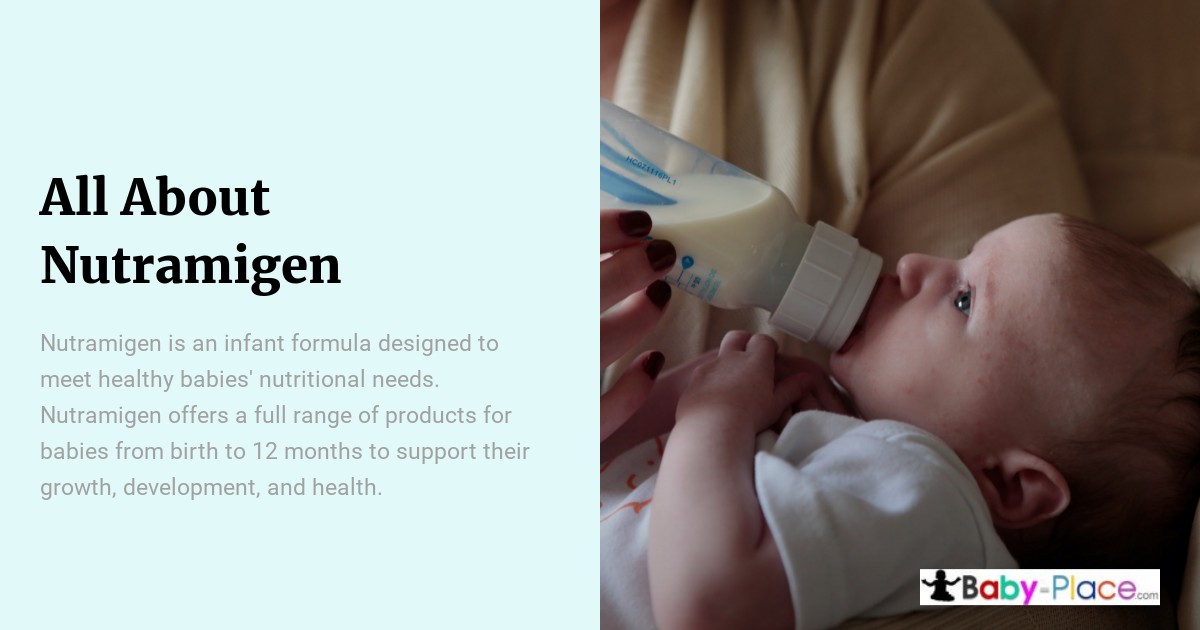
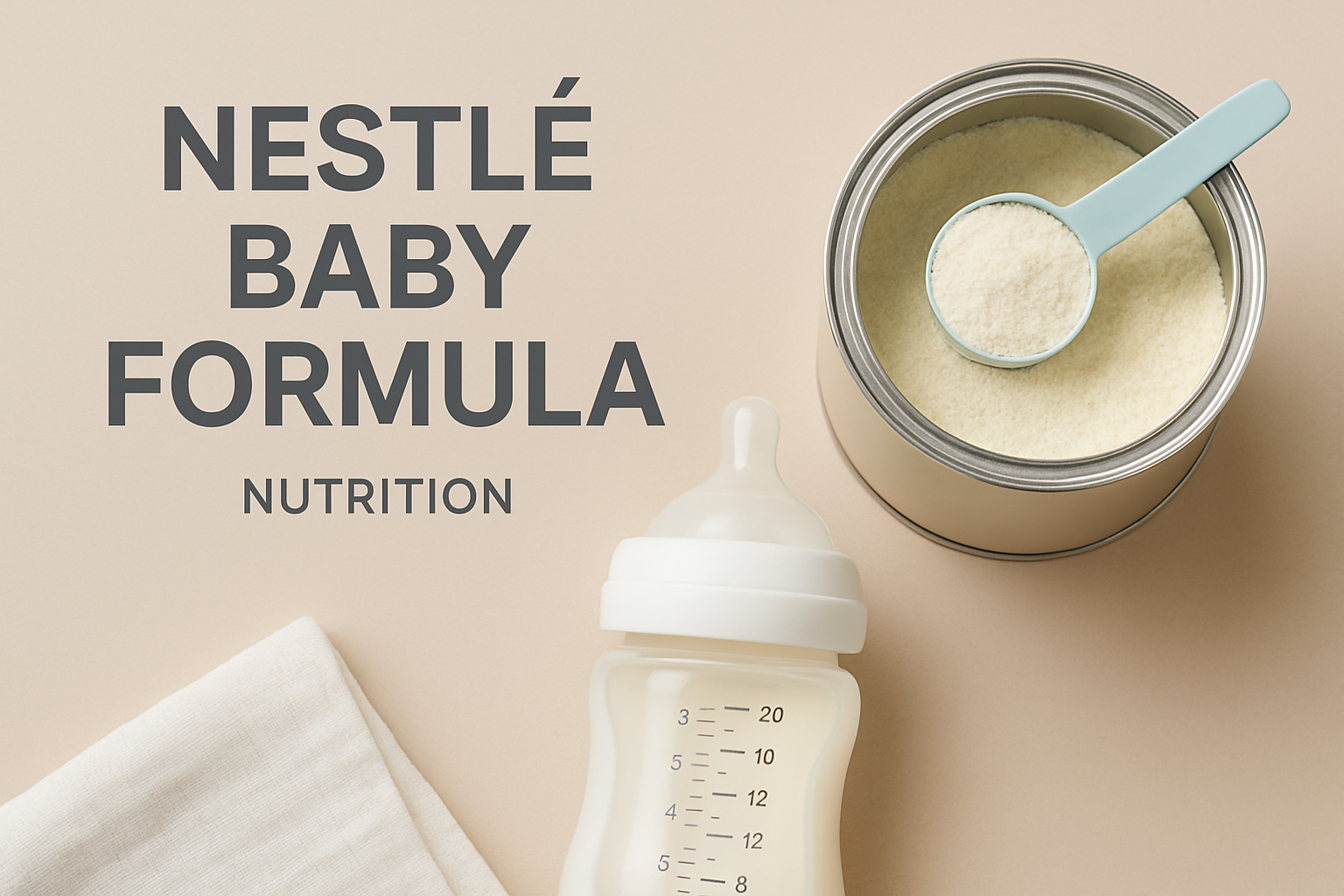
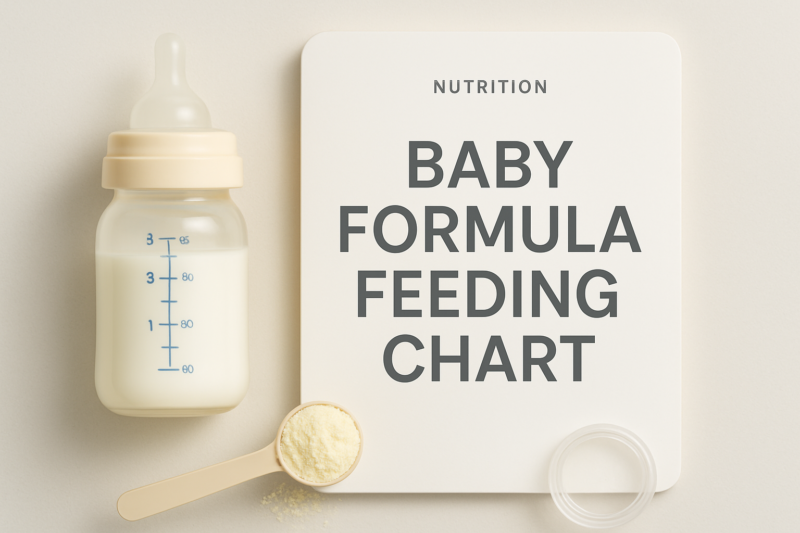
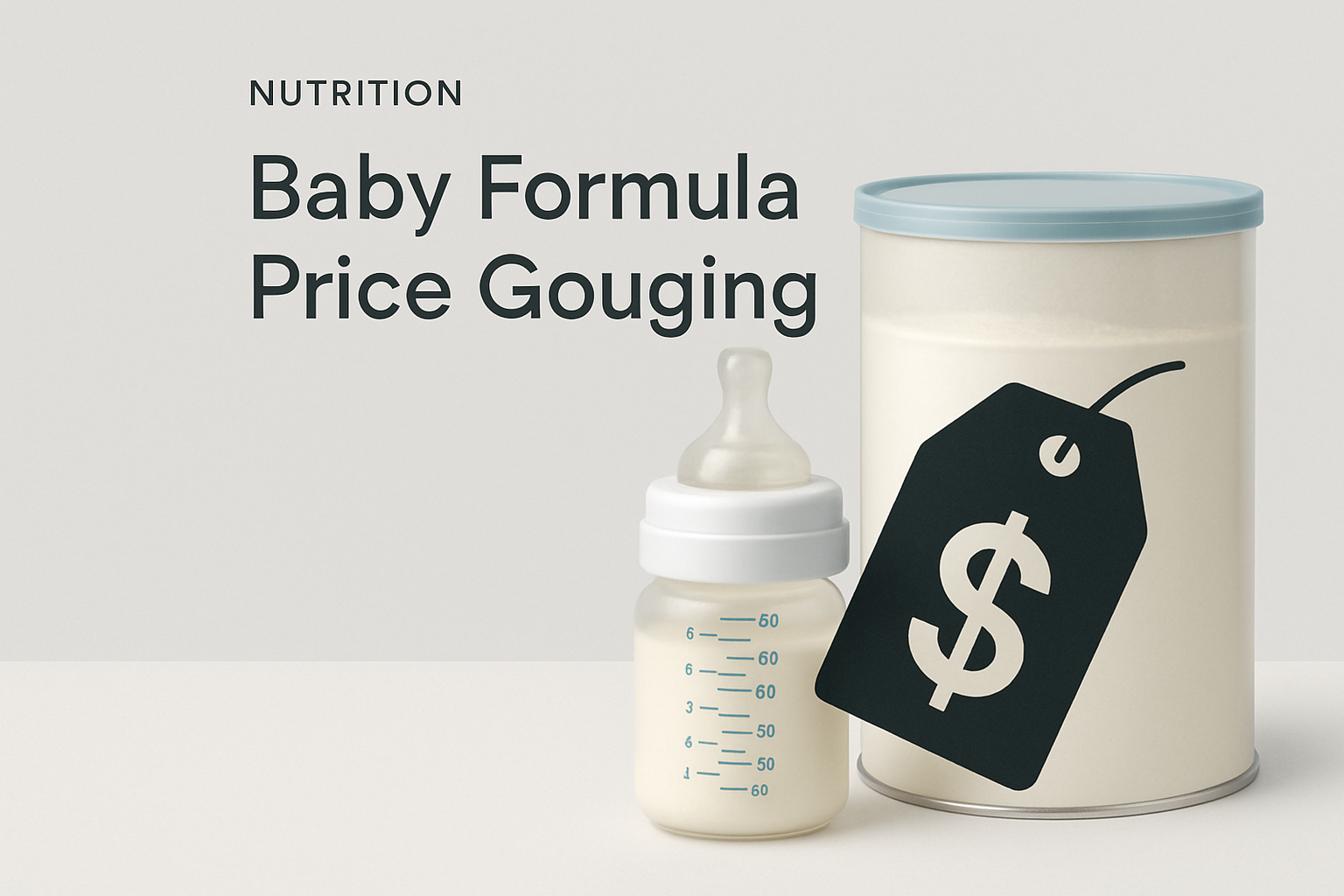

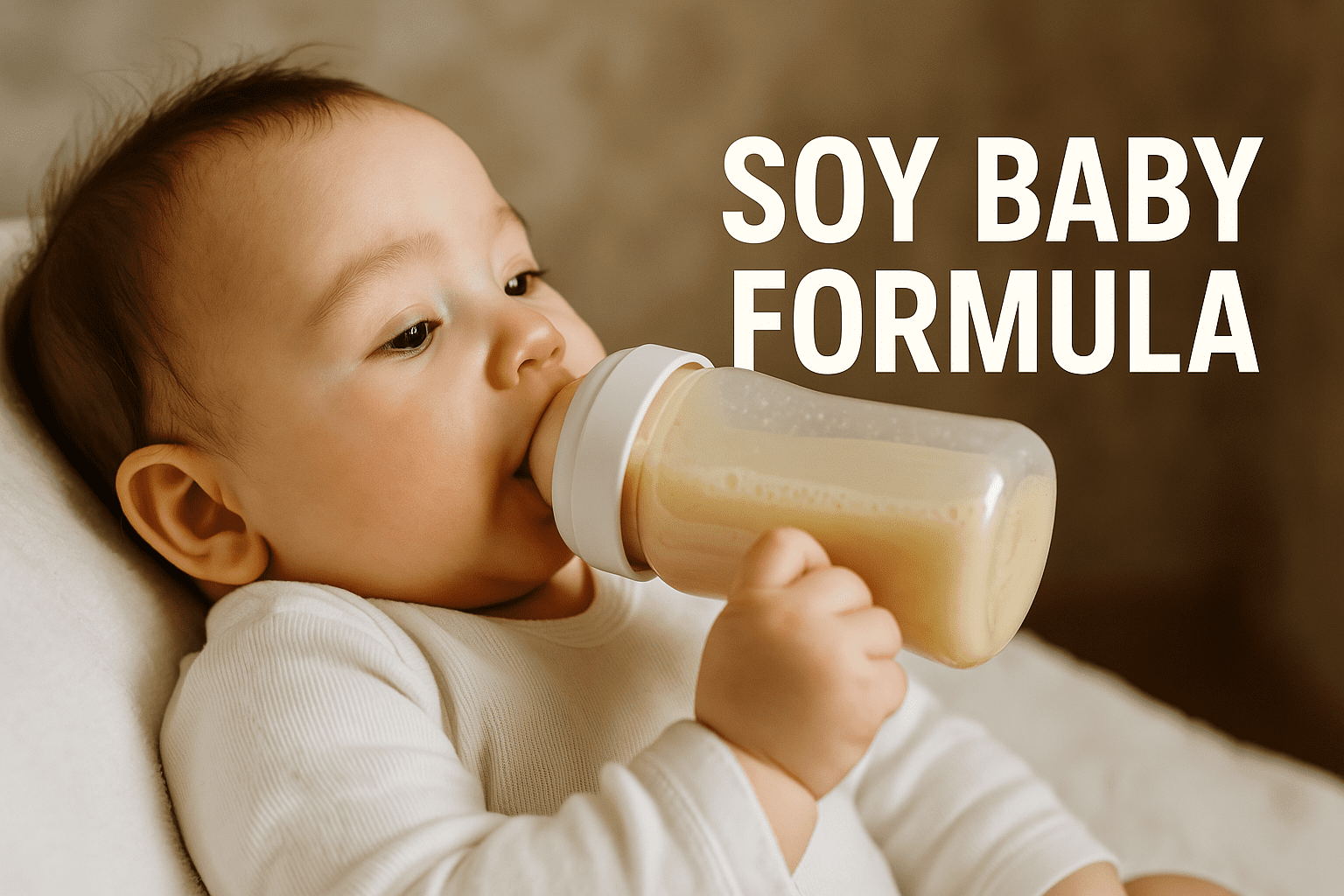
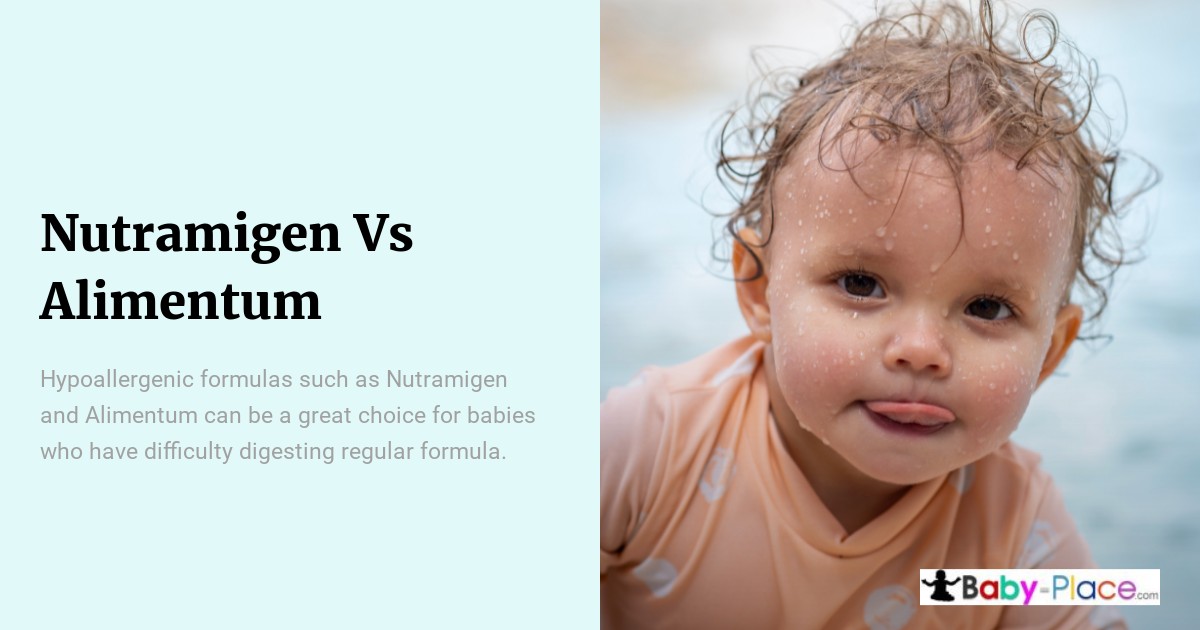
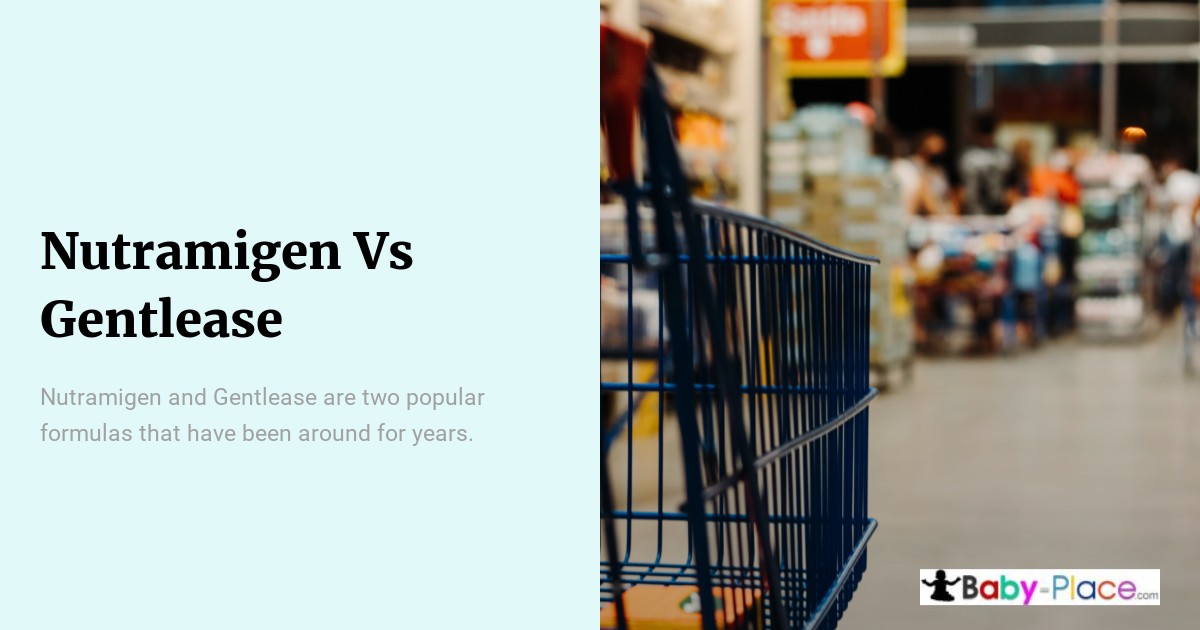
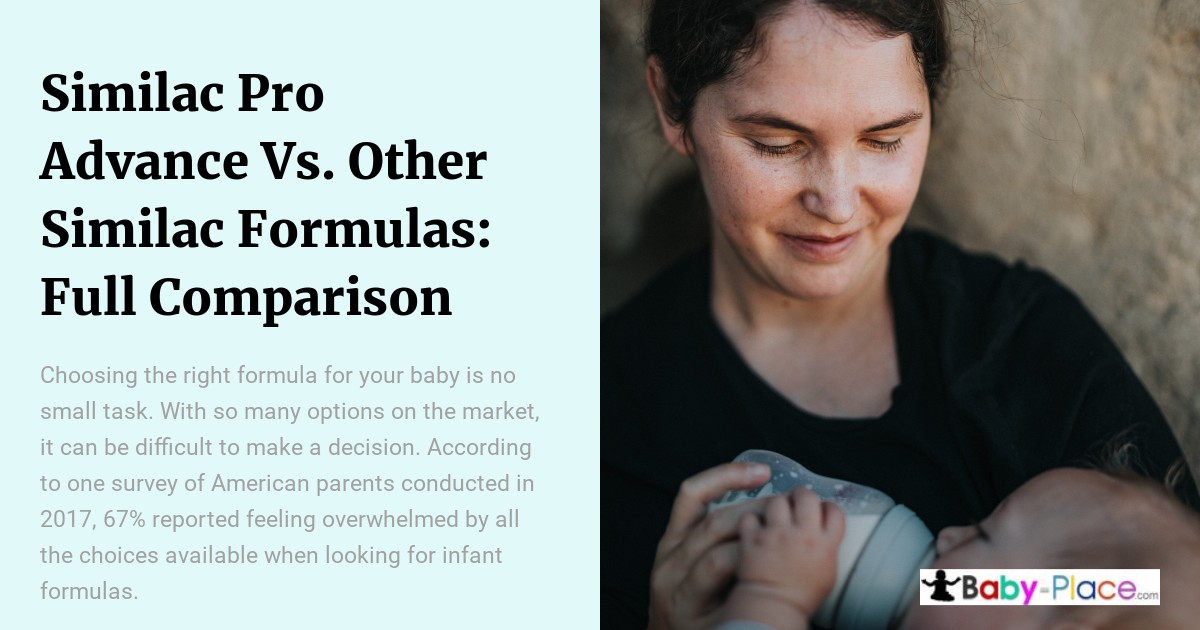
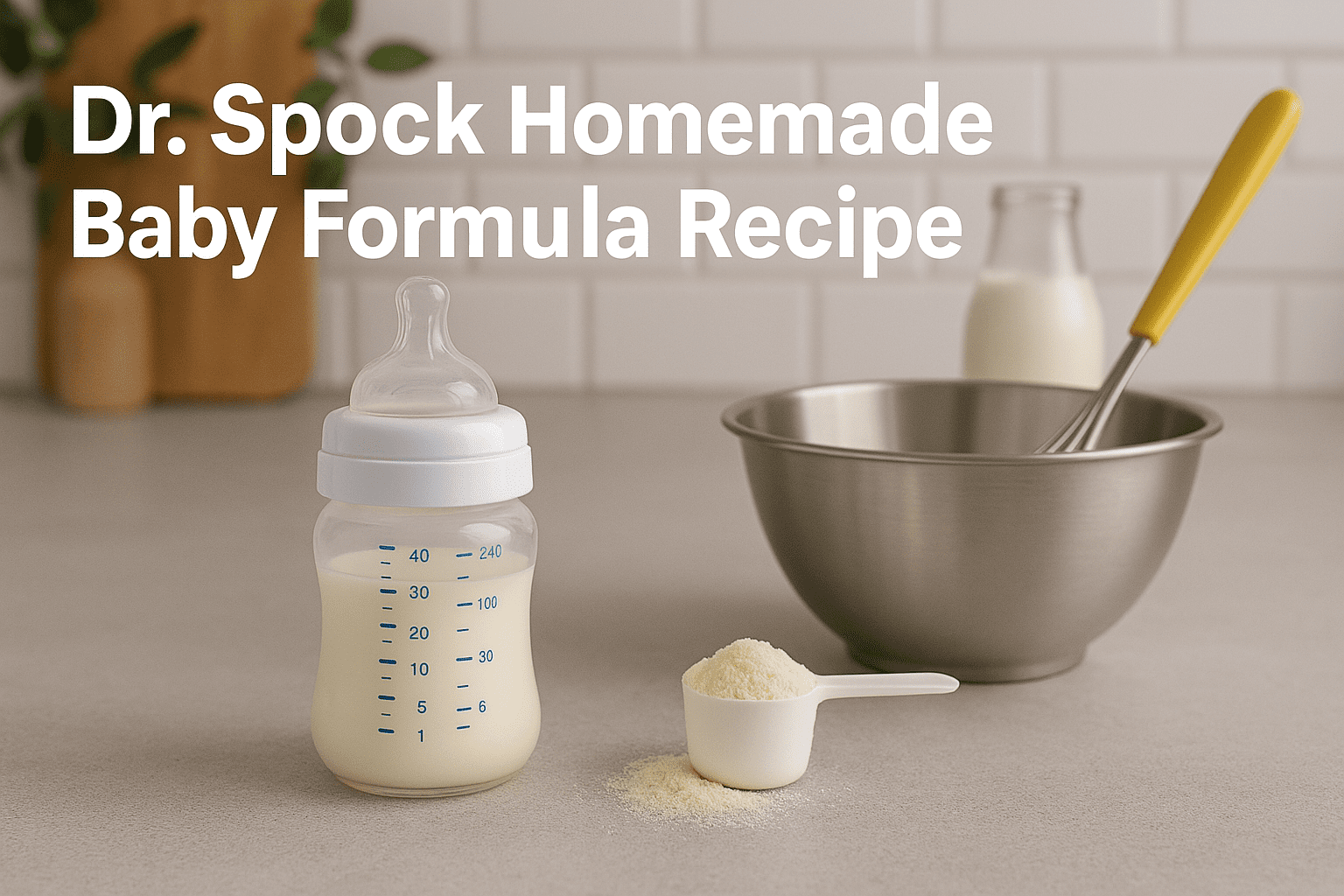
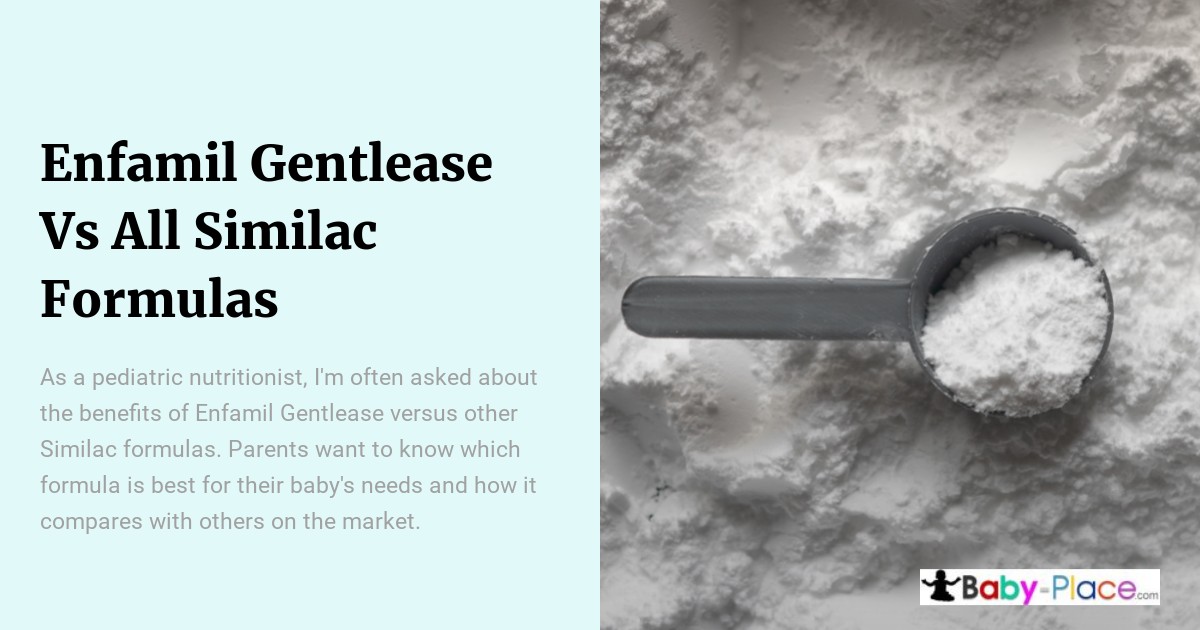
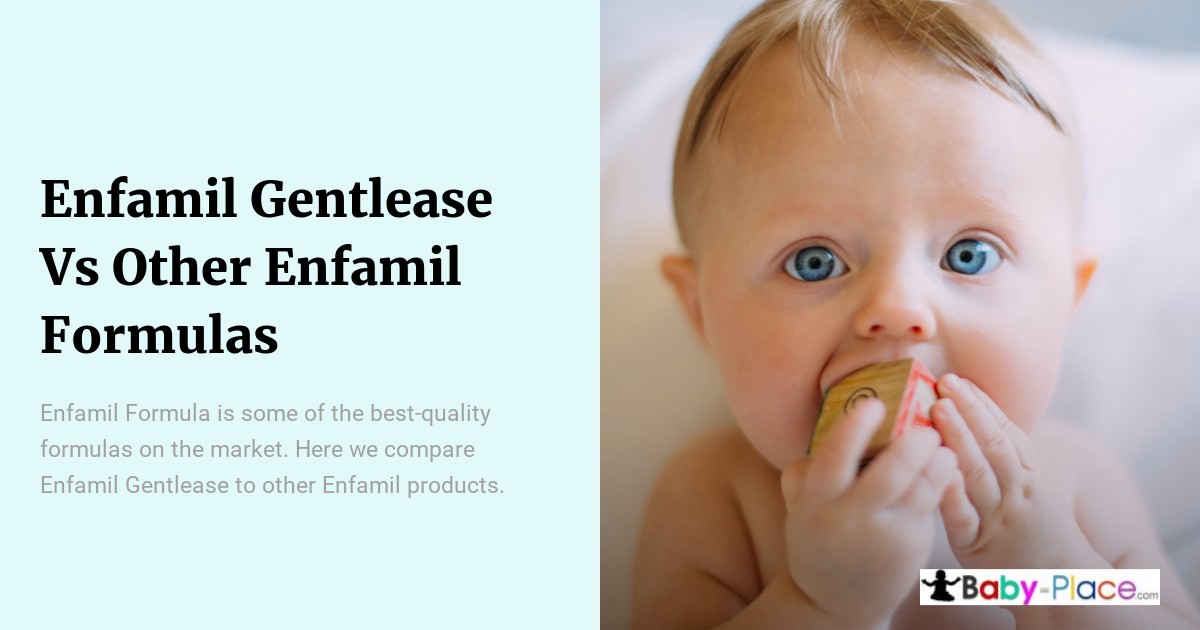


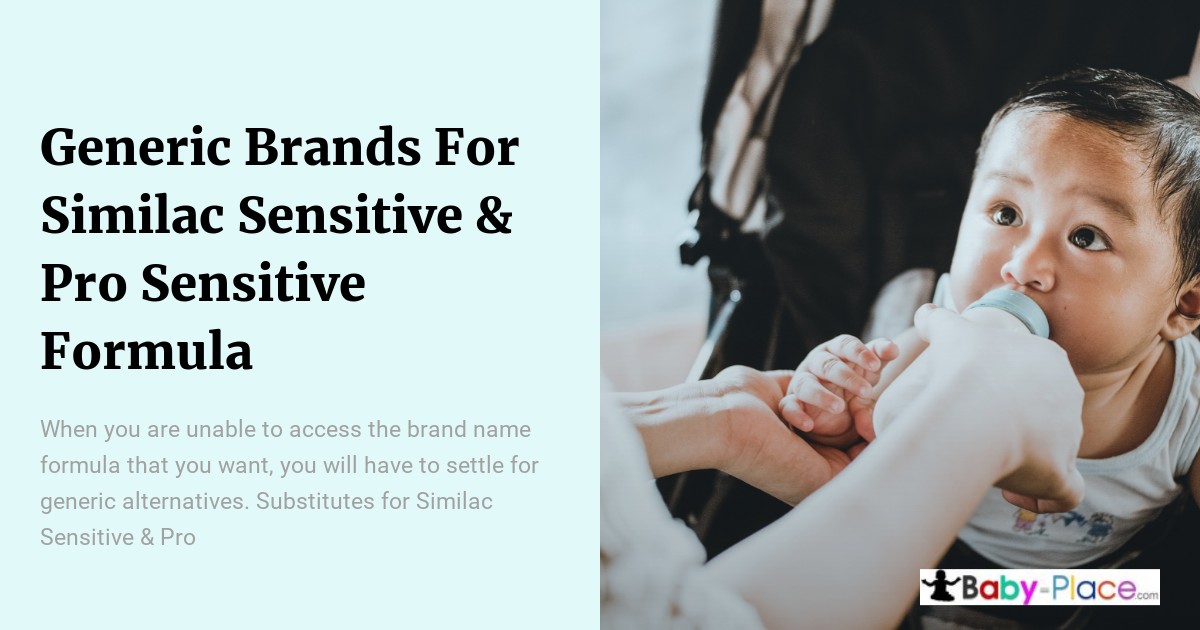

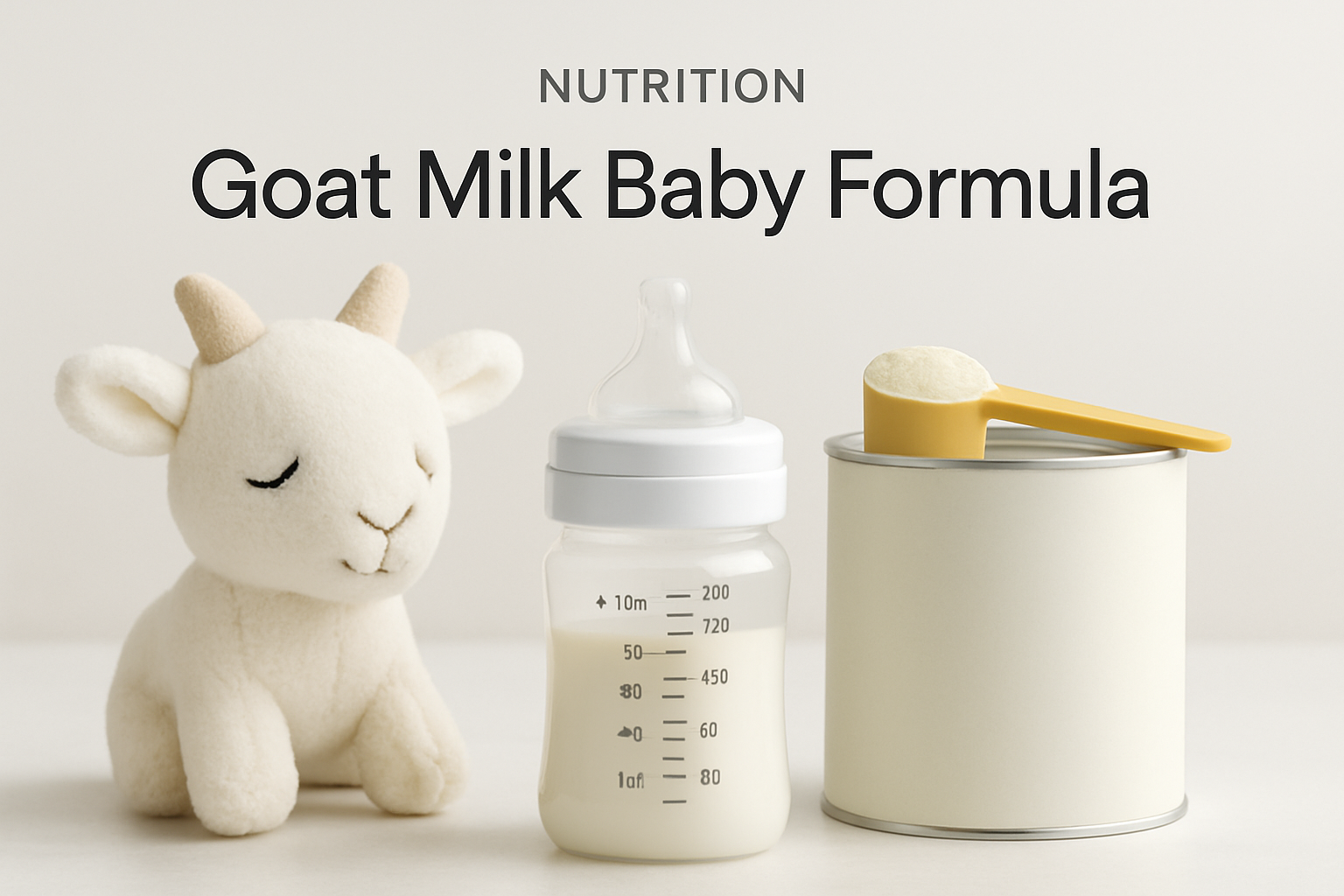
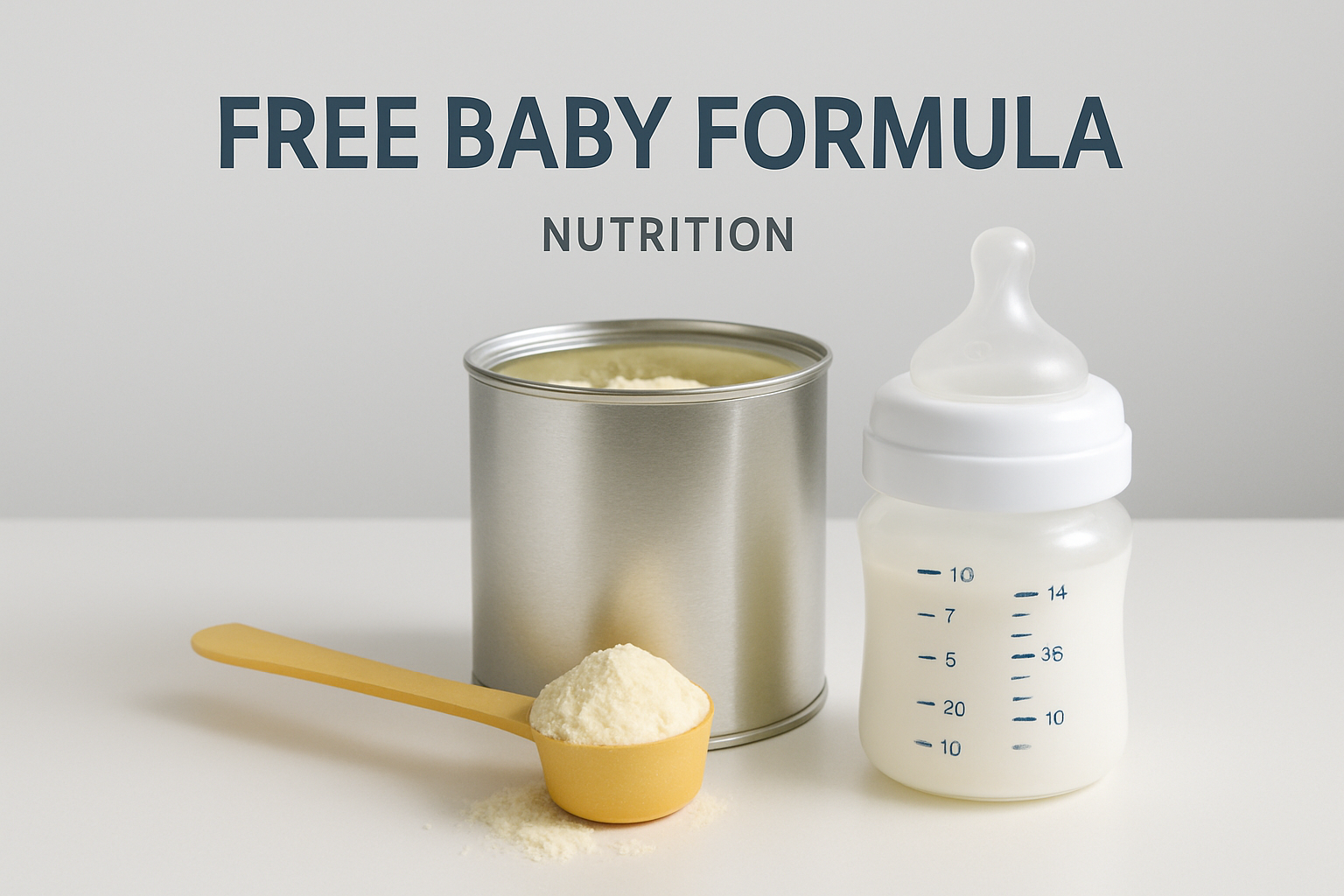
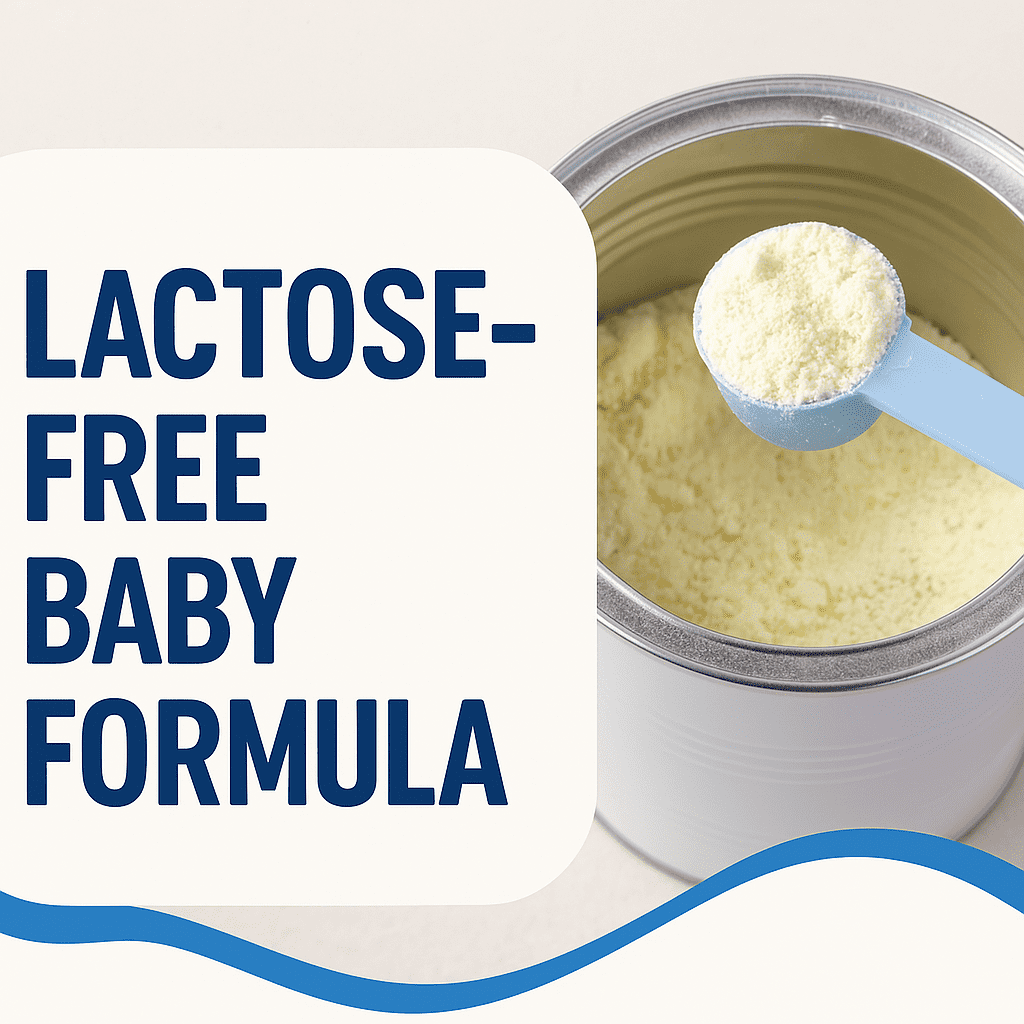


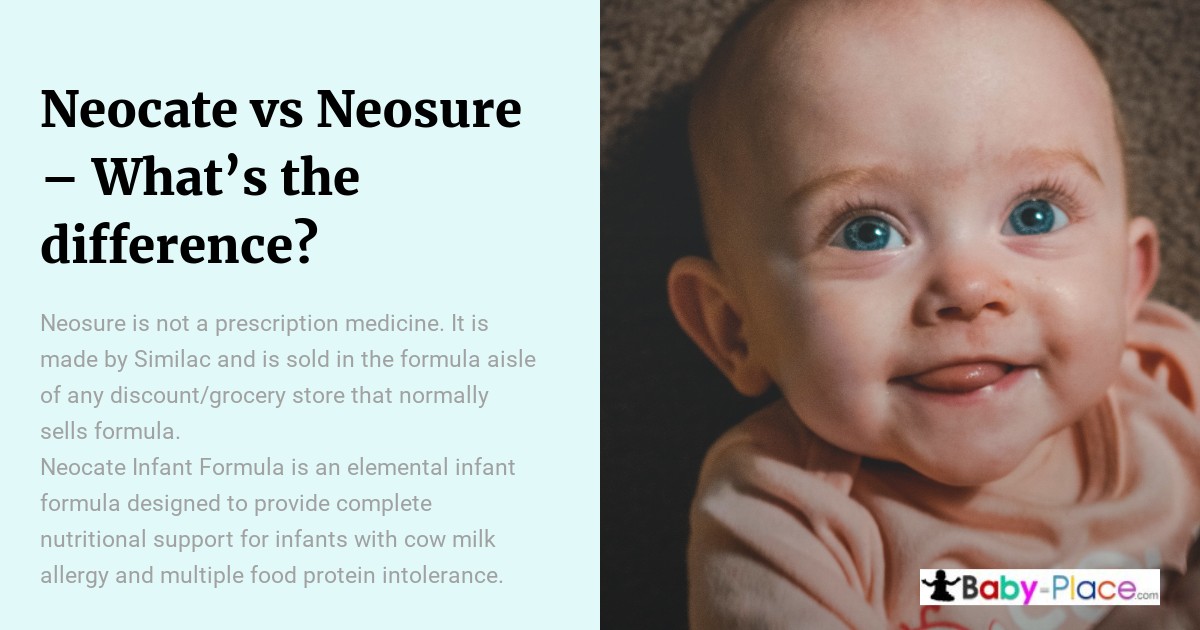
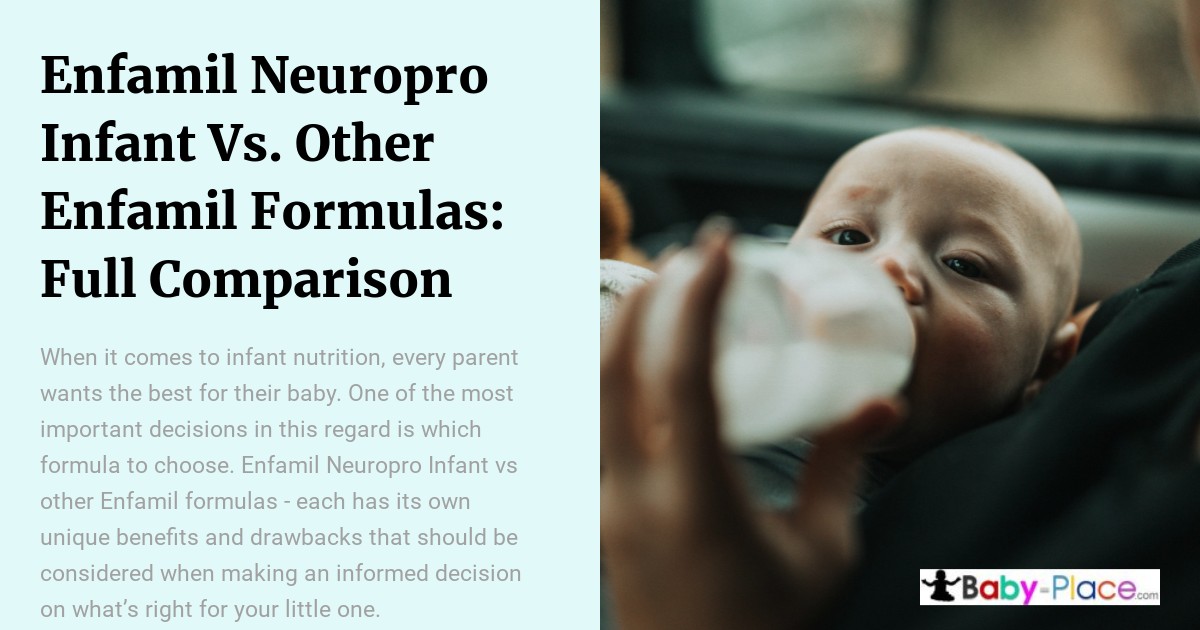
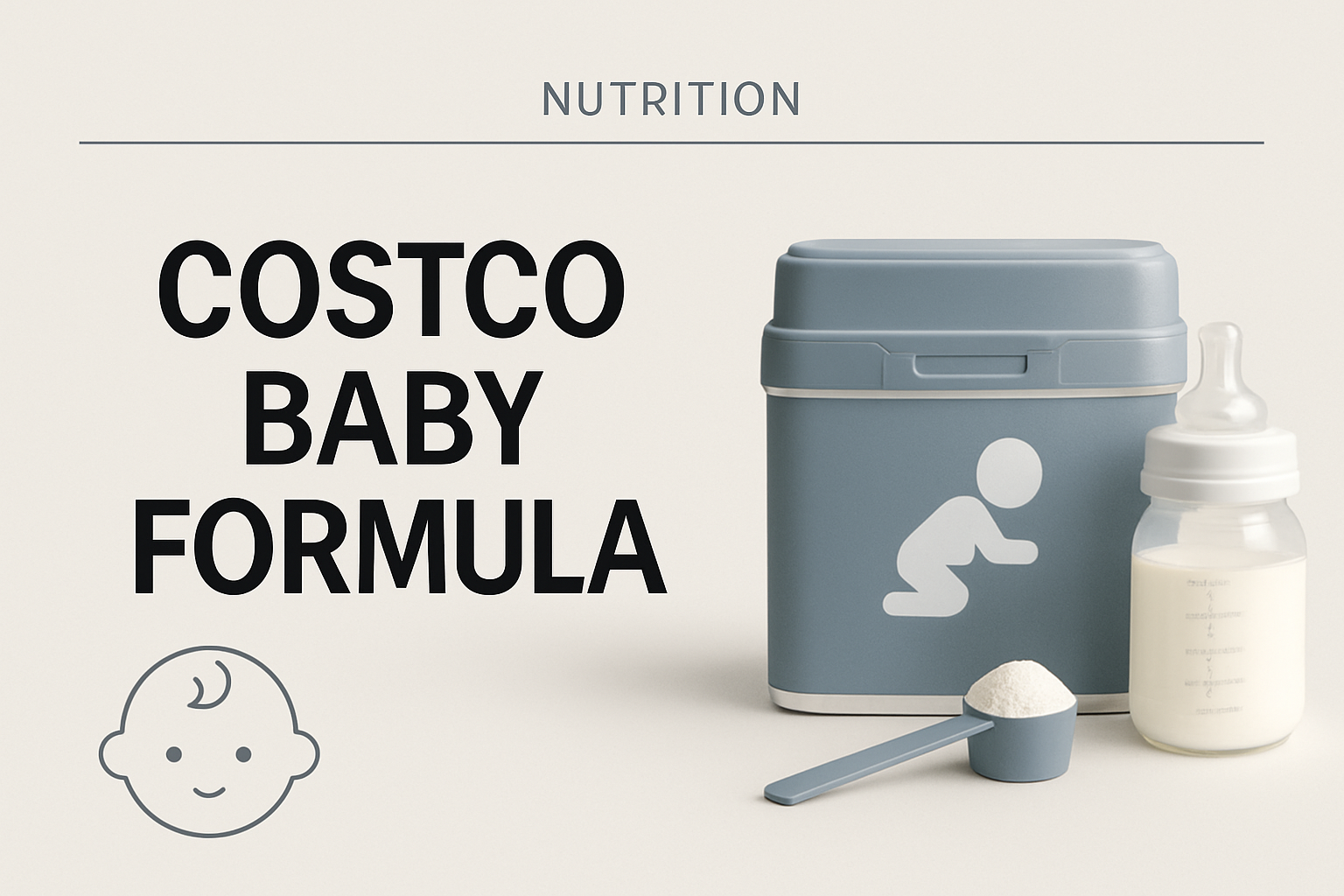
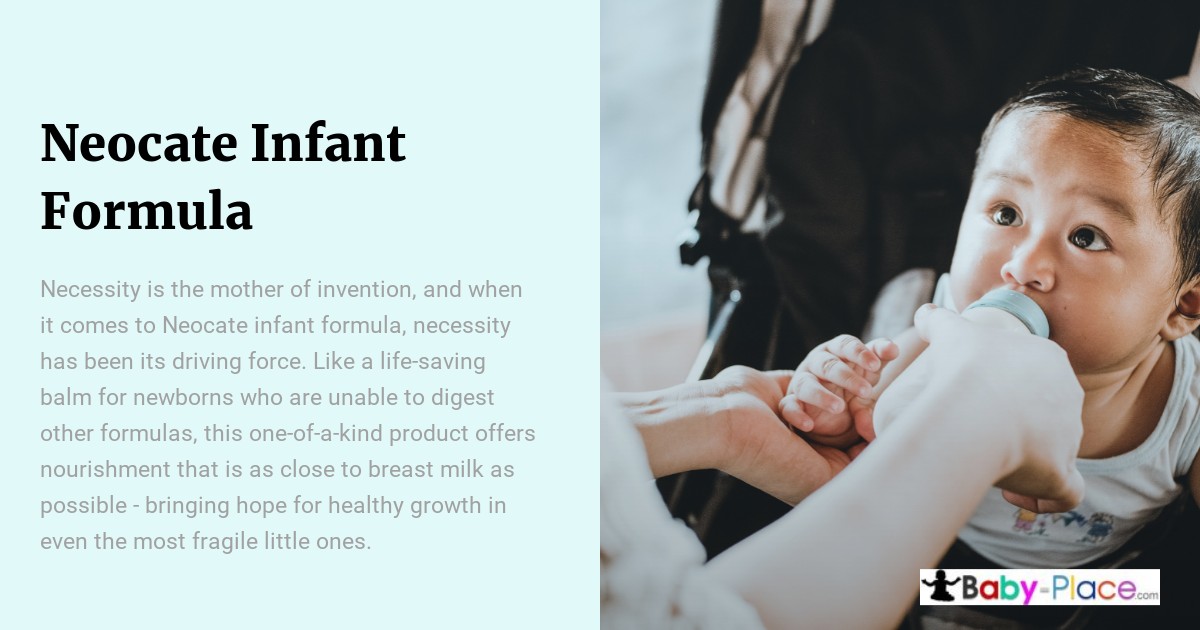
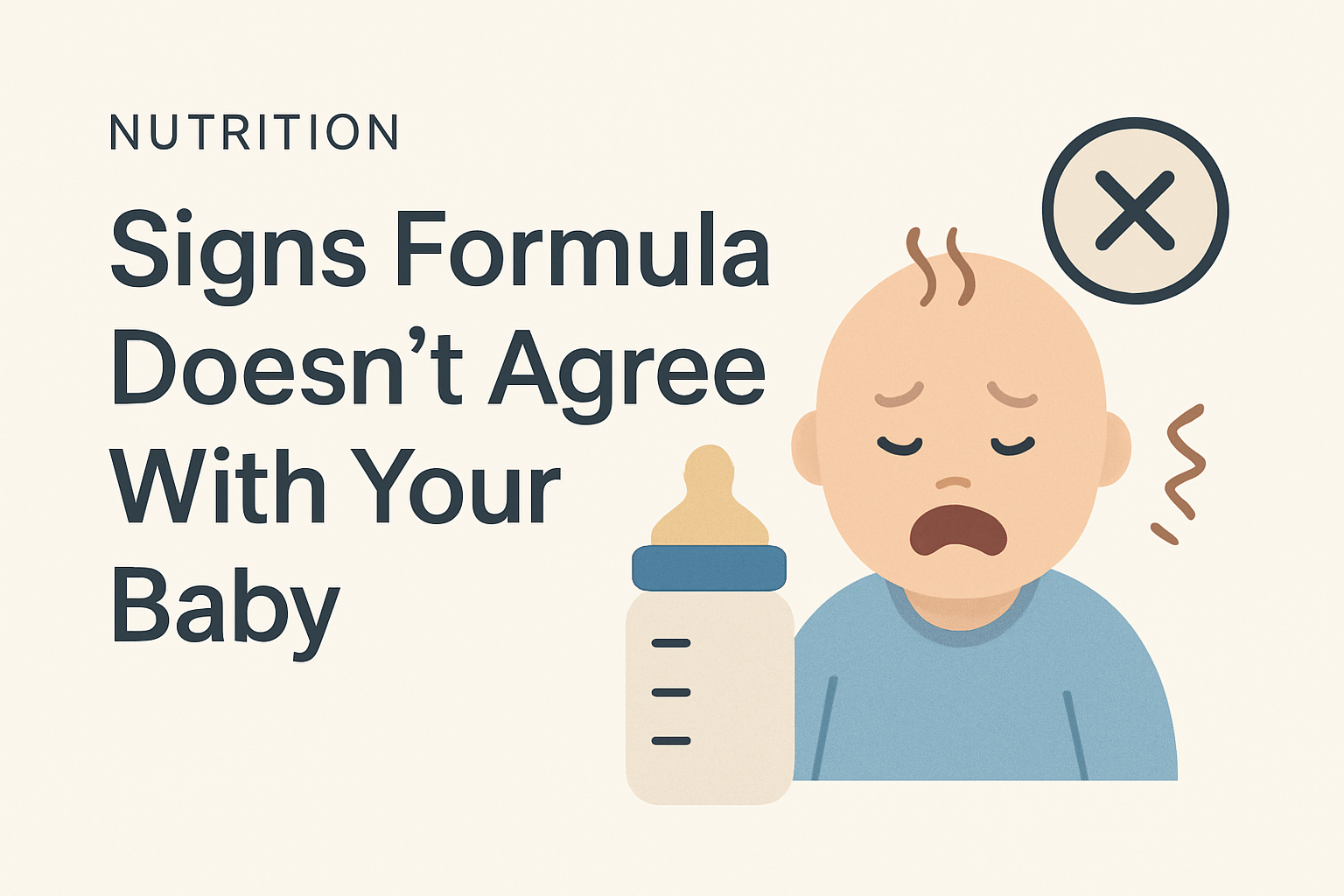
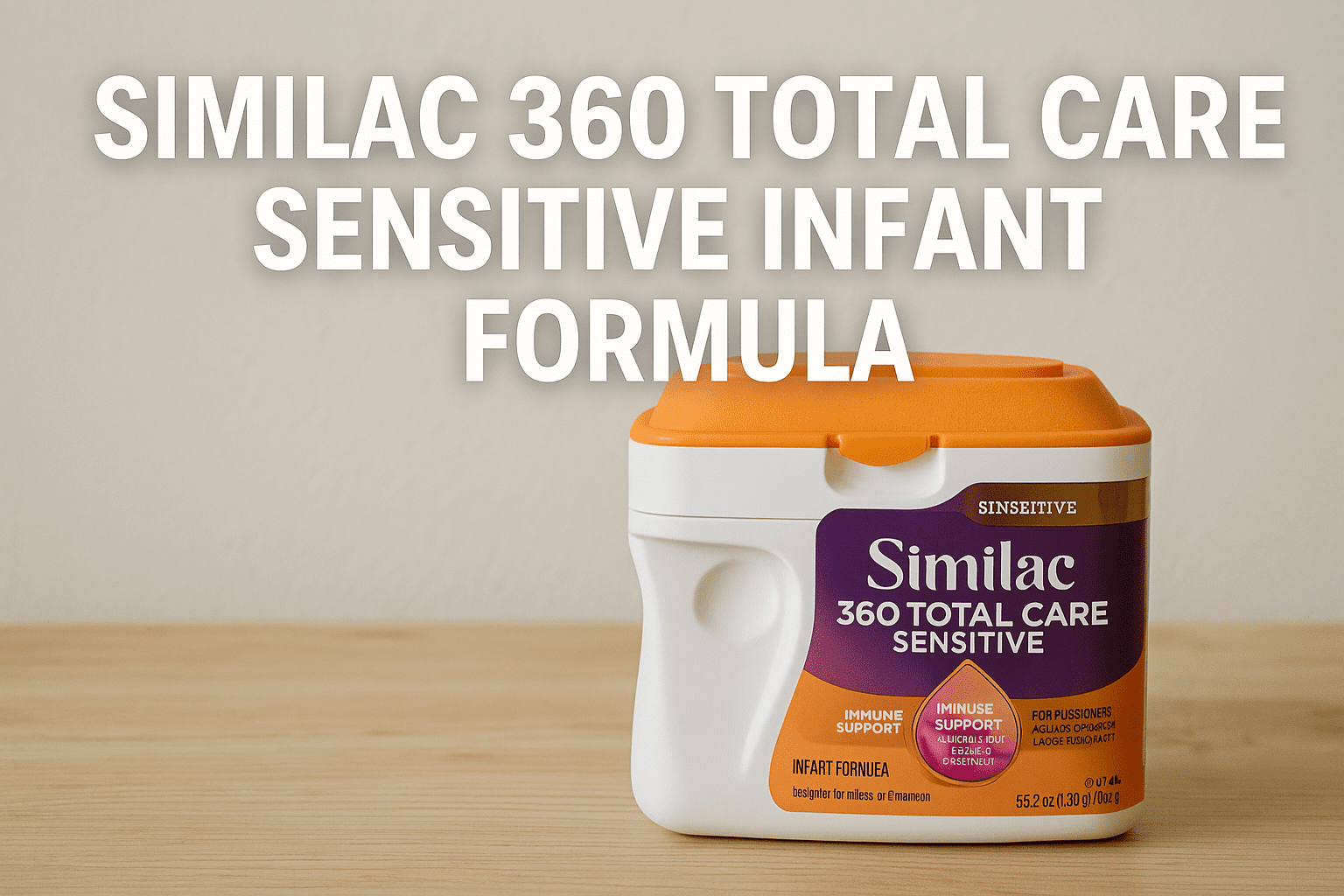

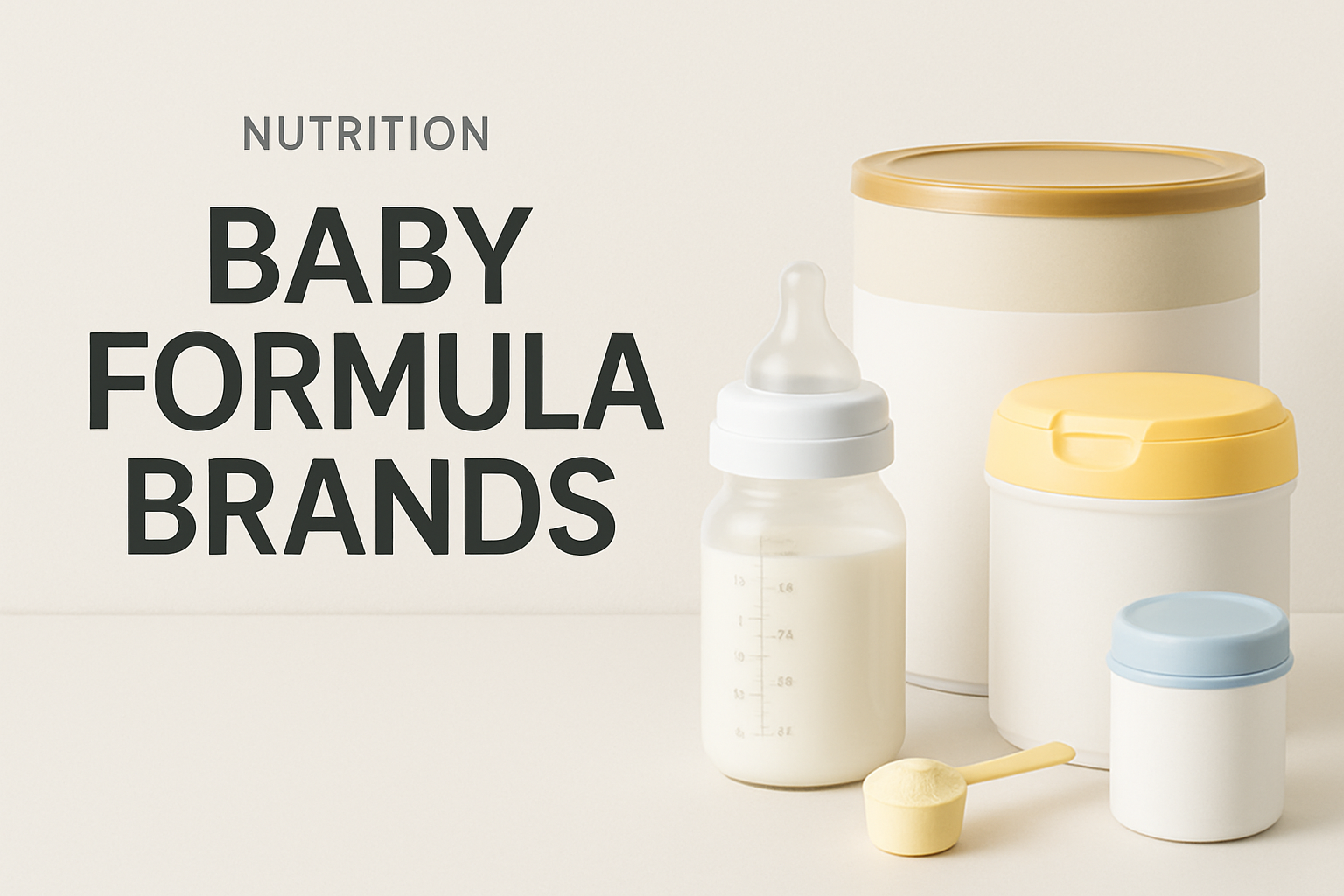
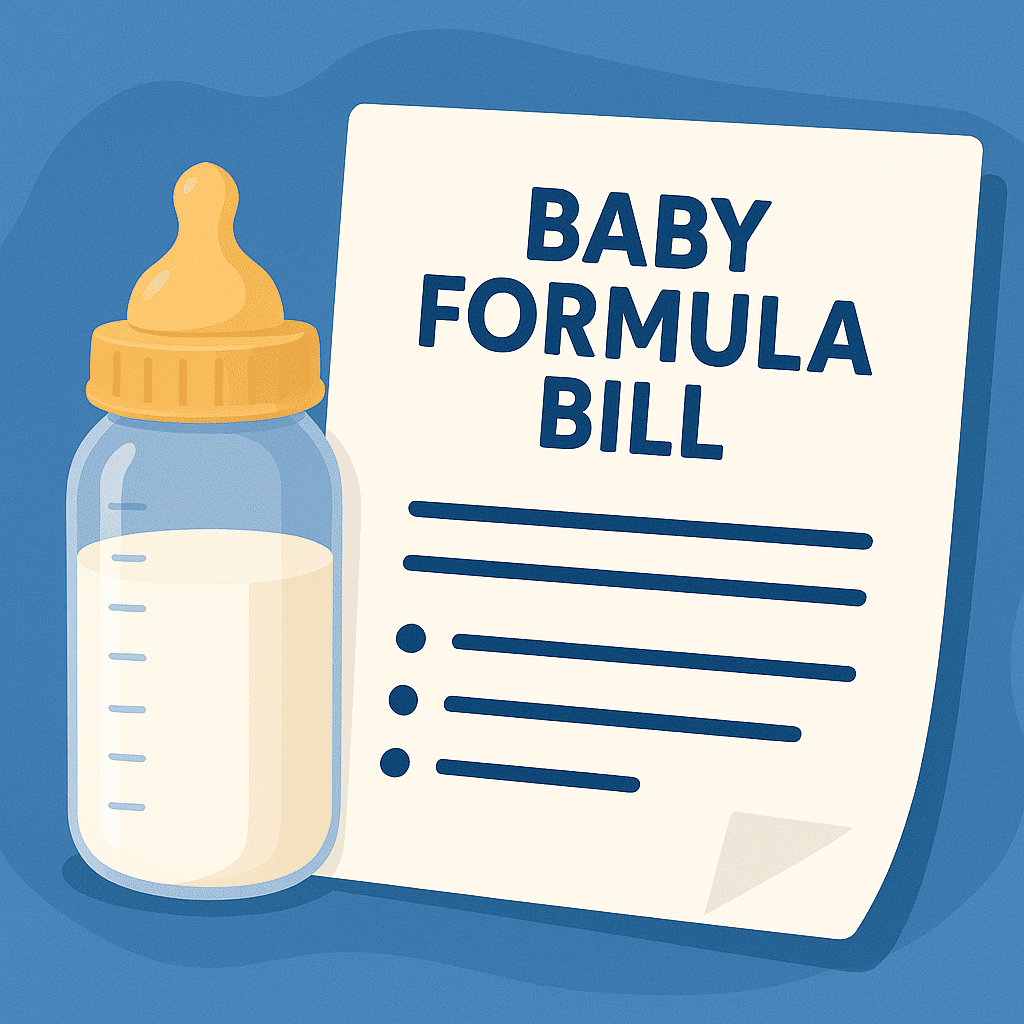
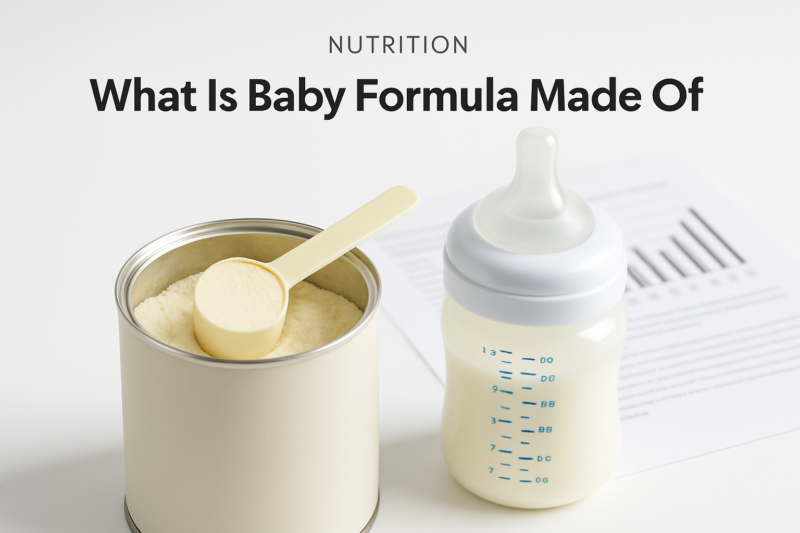

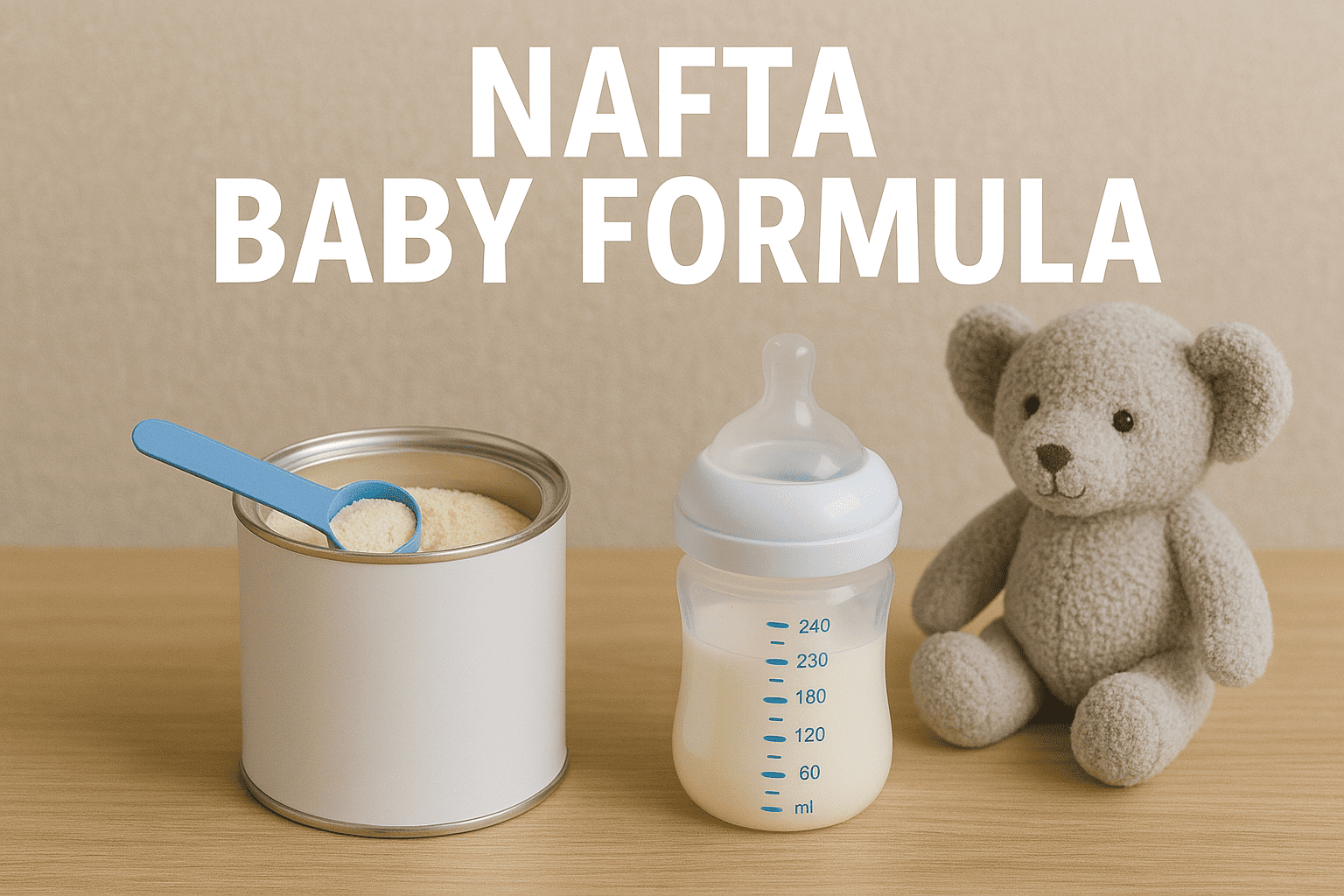
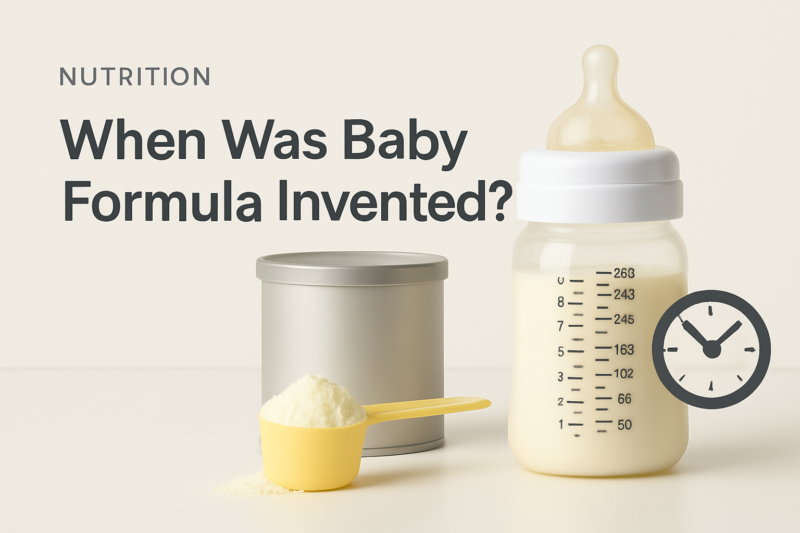
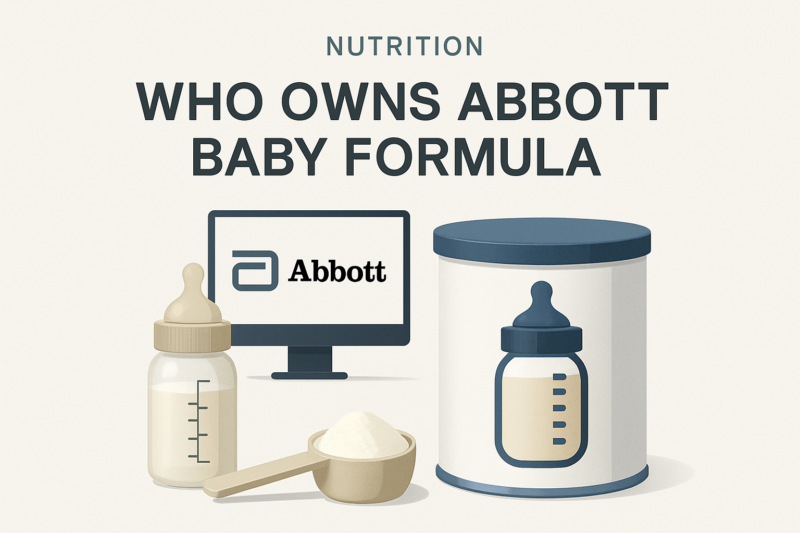
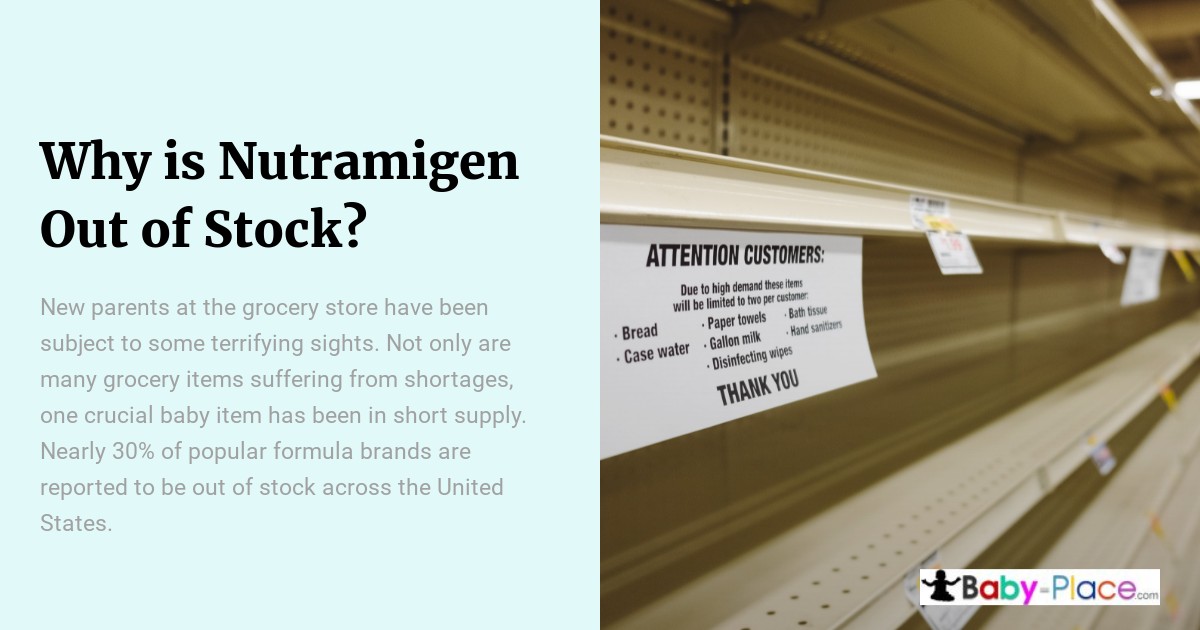
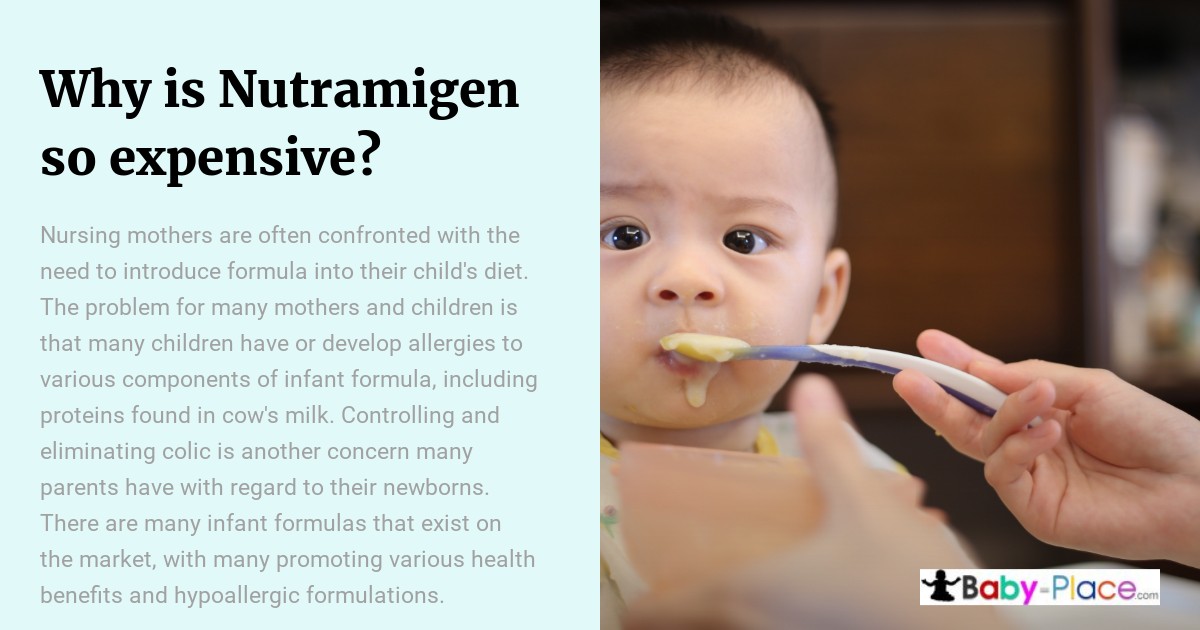
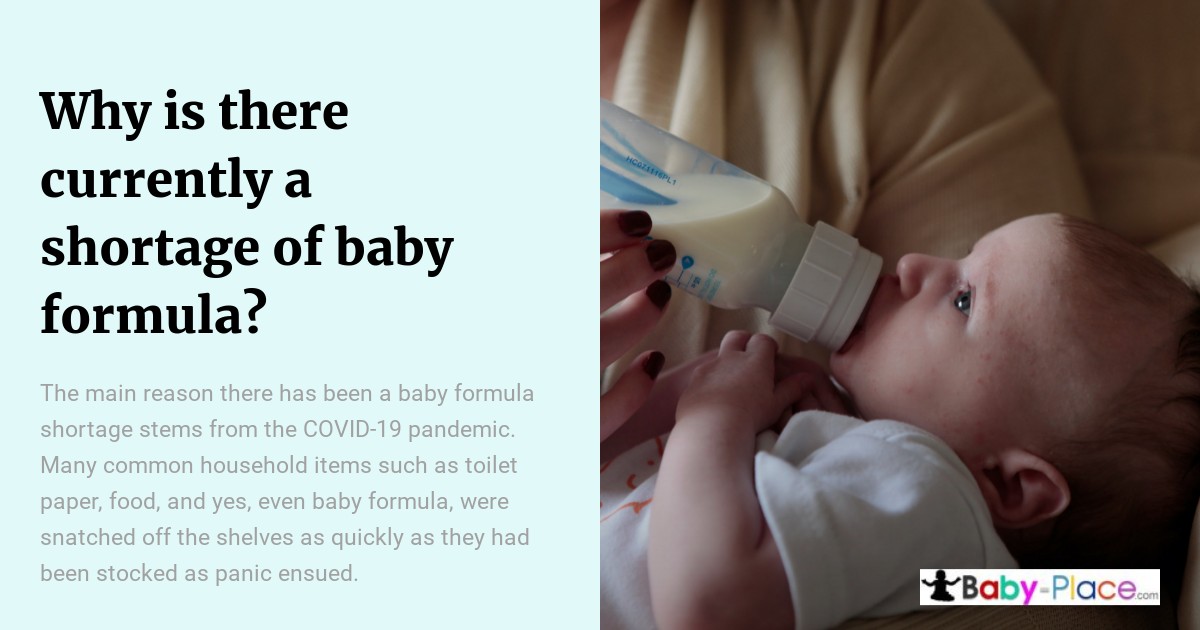

![[Recipe] Homemade Baby Formula Recipe](https://baby-place.com/wp-content/uploads/2025/04/homemade-formula-recipe-e1755526887889.png)
![[Recipe] Making baby formula at home](https://baby-place.com/wp-content/uploads/2022/12/baby-formula-recipe.jpg)